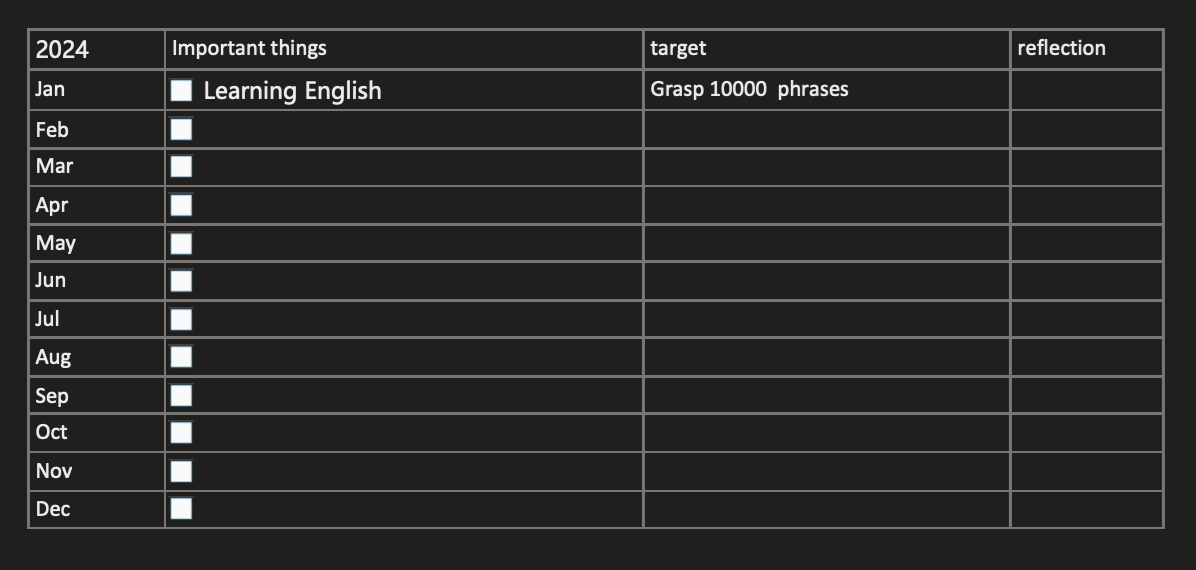Exploring Flexibility and Improv Mindset in Life
Hi there 👋

Hello, I am Ivy Zou. My name originates from ‘I LOVE YOU,’ symbolizing my passion for peace and love in the world. I’m exploring various scenarios to integrate an improv attitude, fostering a rich, meaningful existence.
Exploring Flexibility and Improv Mindset in Life 🌿
In an era where nearly everything can be planned, embracing an improv mindset can be a breath of fresh air, helping us better adapt to changes and uncertainties.
1. School: Balancing Framework and Freedom 📘
Reflection
I’ve realized the necessity of incorporating more flexibility into transitioning between tasks and planning, steering away from becoming ensnared by perfectionism and maintaining a view of life’s larger picture.

The Aid of Improv Mindset
The improv mindset serves as a guiding philosophy, advocating for flexibility, adaptability, and a non-judgmental approach towards unexpected developments. It encourages me to flow and respond to the present moment, much like water, not resisting but moving with the environment.
Principles of the Improv Mindset
- Yes, And…: Accepting and building upon what is presented.
- Embrace Uncertainty: Welcoming unknowns as opportunities.
- Stay Present: Responding genuinely to the unfolding situation.
- Let Go of Control: Permitting events to unfold naturally.
- Non-Judgmental Approach: Engaging without labeling experiences.
External Material for Support
Avoiding Perfectionism in Planning
- Source: Overcoming Perfectionism
The philosophy of avoiding perfectionism aligns seamlessly with the improv principle of “Let Go of Control.” Perfectionism often steers us towards a relentless pursuit of an unattainable ideal, leaving no room for flexibility and adaptability, both of which are core to the improv mindset. The Centre for Clinical Interventions provides practical insights on how to sidestep the pitfalls of perfectionism, reinforcing the importance of accepting and moving with circumstances as they come, paralleling the improv principle of gracefully managing unplanned scenarios without stringent control.
Non-Judgmental Approach
- Source: The Power of a Non-Judgmental Approach
A non-judgmental approach, as discussed in Mindful Magazine, underscores the importance of responding to experiences without preconceived labels or evaluations, vital in the improv principle of “Yes, And…” In this principle, acceptance is key – taking what is presented without immediate judgment and building upon it creatively and constructively. This approach to interactions and developments allows for a rich, unhindered flow of creativity and collaboration, offering a safe space where ideas are not stifled by premature evaluation and enabling a free exchange and evolution of thoughts.
2. Relationships: The Power of Improv Mindset 💬
Reflection
Previously, my pre-judgments of people and situations would trigger fear and apprehension, especially in unfamiliar contexts. The famous saying by Stephen R. Covey, “We see the world, not as it is, but as we are…”, resonates profoundly, reflecting the essence of viewing relationships through a non-judgmental lens. I have come to realize that I harbor numerous prejudices and judgments about people and situations, which can be detrimental to relationships. Consequently, I am dedicatedly working on adopting an improv mindset to perceive the world without the veil of my entrenched beliefs.
ABC Model of Psychology
- A: Activating event
- B: Belief
- C: Consequence
Applying an improv mindset to the ABC Model nurtures a space where beliefs can be healthily challenged, emotional responses managed adaptively, and interpersonal communication is rich and constructive.
Relationships Scenarios:
With My Parents:
- Past Approach: Interpreted words and actions through my own belief lens.
- Current Approach: Endeavor to grasp their perspectives and emotions.
With My Friends:
- Past Approach: My judgments eclipsed the actual dynamics of our relationships.
- Current Approach: Understand their emotions and viewpoints.
With Myself:
- Past Approach: Engaged in a relentless pursuit of perfection.
- Current Approach: Adopt an improv mindset to see the world without the veil of my beliefs.
The Aid of Improv Mindset
The improv mindset allows me to experience emotions and perceive people, unclouded by pre-formed, belief-driven judgments, aligning with mindfulness psychology, revealing authentic vistas of individuals, and avoiding self-constructed illusions.
3. Student Teams/Groups: Flexibility and Improv Mindset in Team Collaboration 🤝
Reflection
In my academic journey, I have been part of various student teams and groups, which often demanded a high level of collaboration and coordination among members. I recall one particular instance where our team was assigned a daunting project with tight deadlines. While we initially tried to adhere to a rigid plan, it soon became evident that effective team collaborations notably require a degree of adaptability and an improv mindset to enhance collective productivity and coordination.
Emphasizing Collective Strengths:
- Valuing Opinions: Ensuring each member’s voice is heard and valued.
- Utilizing Strengths: Identifying and employing each member’s unique strengths.
- Flexible Task Assignment: Adapting roles and tasks to align with each member’s competencies and the team’s evolving needs.
The Aid of Improv Mindset
I realized that an improv mindset supports maintaining an open, collaborative atmosphere within the team, enhancing time management, and ensuring the team remains adaptable and responsive amidst unforeseen circumstances. During the project, our initial plan was severely disrupted due to unexpected library closures and digital resource limitations.
Theoretical Support
- Class Material: The principles of improv, such as ‘bringing a brick, not a cathedral’ and focusing on incremental contributions, are pivotal in team settings.
